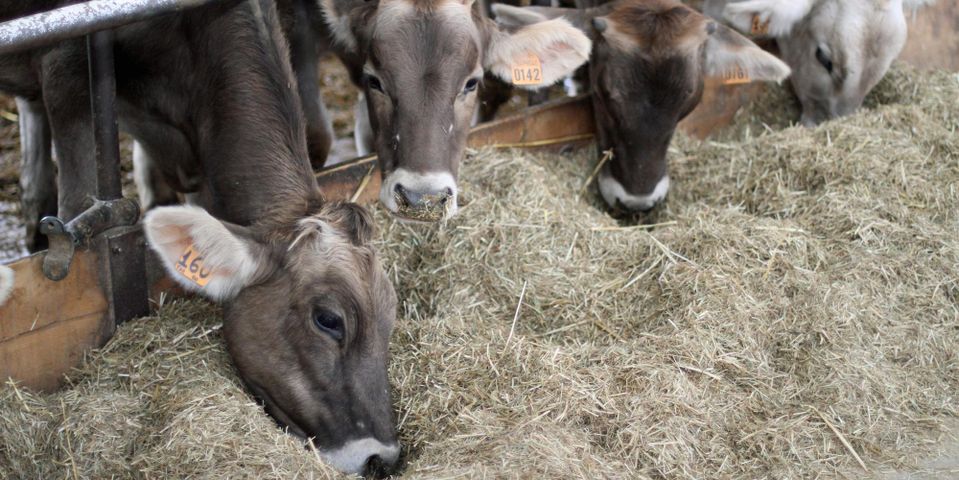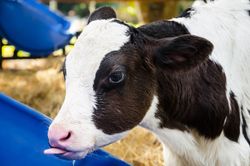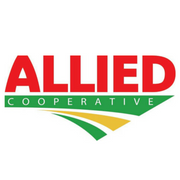Reduce Stress and Increase Value When Weaning Calves

Weaning calves can be a time of stress for both the calves and the cattle producer. The profitability of the cow herd for the year is represented in these calves, and what we do during that weaning-time transition to feed can either increase or decrease their value. Every producer knows that properly weaned, healthy calves are worth more money than those that are bawling and more susceptible to disease. Consider these three strategies during weaning to help achieve your goals and keep your calves thriving.
Tips for Weaning Calves
1. Jump Start Your Calves With a Pre-weaning Program
A good pre-weaning strategy will help reduce the stress at weaning by spreading the stresses out over more time. This allows the calves to recover between stresses, versus hitting them with one or two overwhelming events that may be more difficult to overcome. Work with your veterinarian to design a program that may increase the health and immune status.
One advantage to providing creep feed is that it provides the essential nutrients needed to boost your calves’ immune status and get the calves ready to eat processed feeds. This boost can help get their immune systems ready for the vaccination program.
2. Evaluate Your Weaning Program Every Year
Ensure that the program will match the current feedstuff availability and market demands each year. The key is to select and plan a weaning strategy that will minimize stress for both the calves and producer. We can help develop a plan that works for your operation’s labor situation and feeding facilities.
3. Get Them Started Right
 Young, weaned calves on a quality starter program have very fast and efficient gains when provided as part of a complete weaning program. Proper nutrition is the key element that gets calves on feed and boosts the immune system for potentially less health issues and faster, more efficient weight gain.
Young, weaned calves on a quality starter program have very fast and efficient gains when provided as part of a complete weaning program. Proper nutrition is the key element that gets calves on feed and boosts the immune system for potentially less health issues and faster, more efficient weight gain.
If you haven’t weaned your calves yet, let’s discuss the different feeding options available. Our goal is to get calves started eating fast and keep calves healthy. For more information, contact Allied Cooperative’s Feed Division at (800) 247-5679.
About the Business
Have a question? Ask the experts!
Send your question

